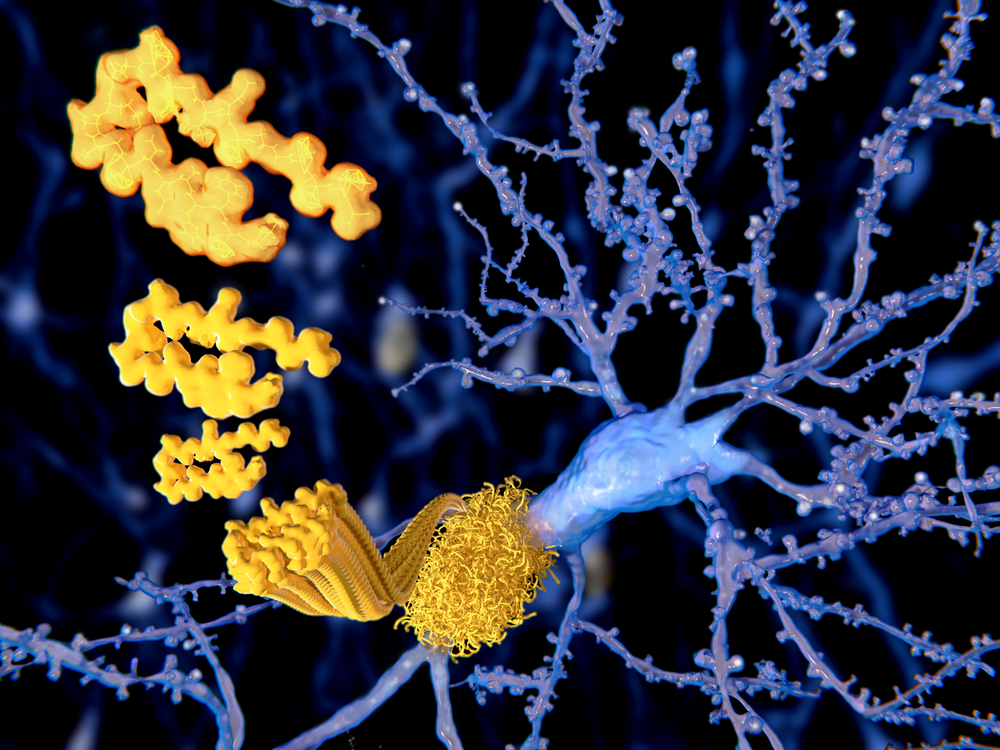Metabolon and Muses Lab Partner to Advance Platform for Treatment of Early Alzheimer’s
Written by |

Muses Labs and Metabolon announced they have entered into a partnership to assess the application of metabolomics in people with early symptoms of cognitive decline and Alzheimer’s disease (AD).
Metabolomics measures changes in levels of metabolites (small molecules) and maps them to specific biochemical pathways to give clinicians a better understanding of a person’s overall health and the influence of on health of genes, microbiome, diet, lifestyle and drug treatments. As such, metabolomics (literally, the study of metabolites) is a phenotyping technology for precision medicine.
“Muses Labs’ protocols utilize a patient’s genome, blood tests, medical history and lifestyle to direct care. Metabolomics adds additional significant insight into a patient’s biological status to improve identification of active pathologies and enable further refinement of patient care programs,” Vik Chandra, chief executive officer of Muses Labs, said in a press release. “Metabolomics has the potential to significantly expand the effectiveness of combination therapy protocols for Alzheimer’s and other complex diseases. Our collaboration with Metabolon has the power to advance precision medicine in this area.”
Muses Labs’ MEND Protocol (Metabolic Enhancement for NeuroDegeneration) is a four-part personalized treatment protocol for people with mild dementia, cognitive decline or Alzheimer’s disease that works, in part, by helping to pinpoint the cause of the decline or disease, finding a optimal treatment plan, and aiding the patient in following that plan.
“While research into metabolomics and Alzheimer’s disease is in its early stages, we believe that by using this technology, the connections between metabolism and the underlying pathologies of Alzheimer’s disease will become better understood,” said Dr. Marwan Sabbagh, a research professor of Neurology at the University of Arizona’s College of Medicine, and Muses Labs CMSO. “Metabolomics can guide the clinical care of Alzheimer’s disease today while laying the foundation for new interventions and protocols.”





